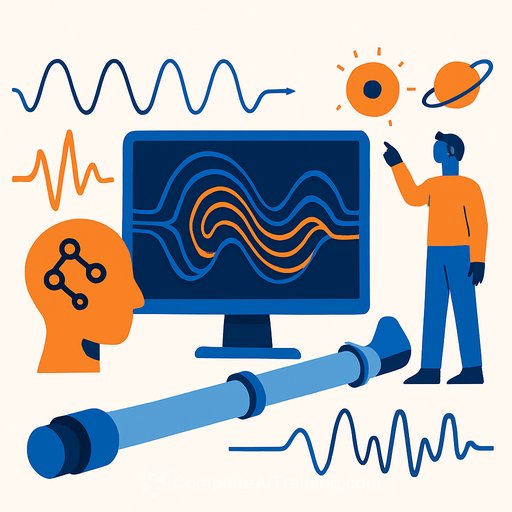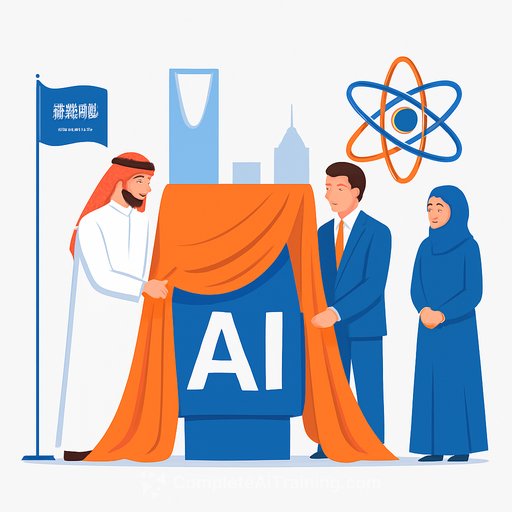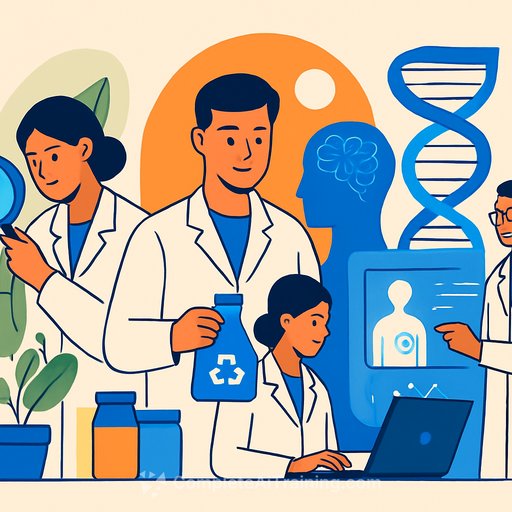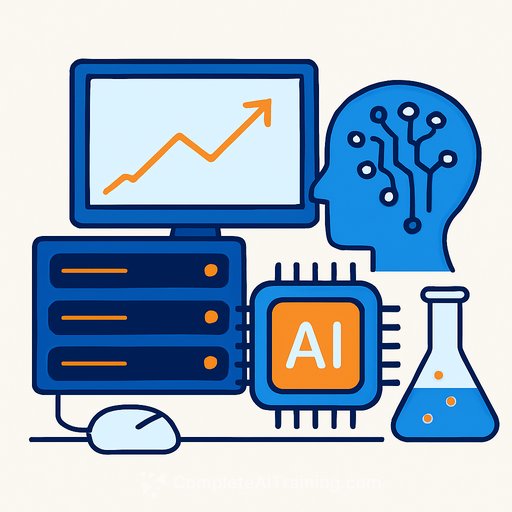Low-Frequency Noise Reduced by 100-Fold, Opening New Paths in Cosmology and Physics
DeepMind, Google's AI research division, has introduced an innovative AI method that promises to advance astrophysical studies. This development comes from a collaboration with Caltech’s LIGO (Laser Interferometer Gravitational-Wave Observatory) and Italy’s Gran Sasso Science Institute (GSSI), with findings published in Science.
Introducing Deep Loop Shaping
The new technique, named Deep Loop Shaping, leverages reinforcement learning to allow AI systems to independently reduce noise through iterative adjustments. This is a significant improvement for LIGO, which detects gravitational waves but struggles with noise interference in the low-frequency range of 10–30 Hz.
LIGO made headlines in 2015 by confirming gravitational waves from black hole and neutron star collisions, marking a breakthrough in astrophysics. Yet, detecting low-frequency gravitational waves has remained a challenge due to their sensitivity to environmental noise.
Impact on Gravitational Wave Detection
The application of Deep Loop Shaping has lowered low-frequency noise by as much as 100 times and enhanced the stability of LIGO’s mirrors. According to DeepMind, this AI-driven method outperforms traditional noise control techniques.
If fully implemented across LIGO’s mirror control systems, this technology could significantly increase the precision and reliability of gravitational wave measurements. This opens opportunities for deeper exploration into the universe’s origins and structure, as well as testing core theories in physics and cosmology.
Broader Implications for Science
- Improved data quality for studying cosmic events
- Enhanced ability to test fundamental physics theories
- Potential to expand cosmological research horizons
For researchers interested in the intersection of AI and astrophysics, this breakthrough highlights the practical value of reinforcement learning in scientific instrumentation and data analysis.
Learn more about AI applications in scientific research and control systems at Complete AI Training.
Your membership also unlocks:





